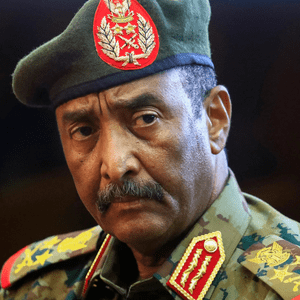
Sudan rejects US claims of chemical weapons use in Khartoum
Sudan has firmly denied US allegations of chemical weapons use in its capital Khartoum, releasing a government report that found no evidence of toxic or radiological contamination.
The Federal Ministry of Health said on Wednesday that extensive field tests, medical records, and forensic investigations showed no signs of poisoning, abnormal deaths, or unusual illnesses linked to chemical agents. Radiation levels were also deemed normal, with no evidence of radioactive material movement, suspicious munitions, or residues.
“There is no evidence of chemical or radiological contamination in Khartoum State,” the ministry stated, adding that pathology teams found no fatalities typically associated with chemical weapons exposure.
The findings, based on testing conducted since April when the Sudanese Armed Forces (SAF) regained control of Khartoum from the paramilitary Rapid Support Forces (RSF), were carried out using equipment accredited by the International Atomic Energy Agency (IAEA) and the Organisation for the Prohibition of Chemical Weapons (OPCW).
The US imposed sanctions on Sudan in June, accusing it of deploying chemical weapons during the conflict. Khartoum dismissed the accusations as “political blackmail” and a misrepresentation of facts.
Sudan has been gripped by war since April 2023, when fighting erupted between the SAF and RSF, leading to tens of thousands of deaths and the displacement of millions. While the US has also sanctioned the RSF—accusing it of atrocities in Darfur—Sudan’s government blames the country’s health crisis on the collapse of medical services and the spread of diseases such as cholera, malaria, and dengue fever.
Despite fragile security and poor services, thousands of displaced families are now attempting to return to Khartoum, highlighting the humanitarian challenges facing the war-torn nation.